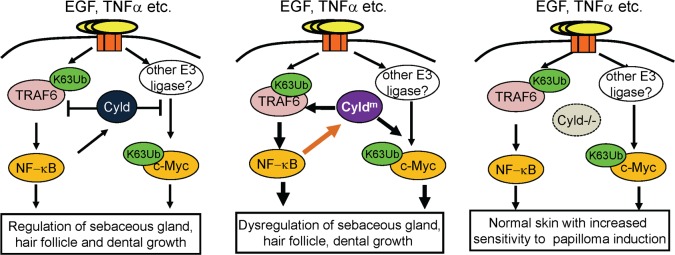Figure 6. Working model for Cyld regulation of ectodermal appendages.
Growth factors such as EGF and cytokines such as TNFα increase K63-Ub of TRAF6 and c-Myc, as well as TRAF6 downstream NF-κB signaling. NF-κB transcriptionally induces Cyld, which in turn inhibits TRAF6/NF-κB and c-Myc. In cells with homozygous Cyld mutation, the catalytically deficient CYLDm protein exerts dominant negative effects on K63-Ub deubiquitination of its substrates and consequently uncontrolled activation of NF-κB, c-Myc, and other gene regulators. NF-κB in turn increases Cyldm gene transcription, thereby forming a positive feedback loop to promote dysregulation of sebaceous gland, hair follicle, and dental growth. In Cyld–/– cells, such dominant negative effects of Cyldm on substrates and the transcriptional feedback from NF-κB to Cyldm gene expression are absent.

